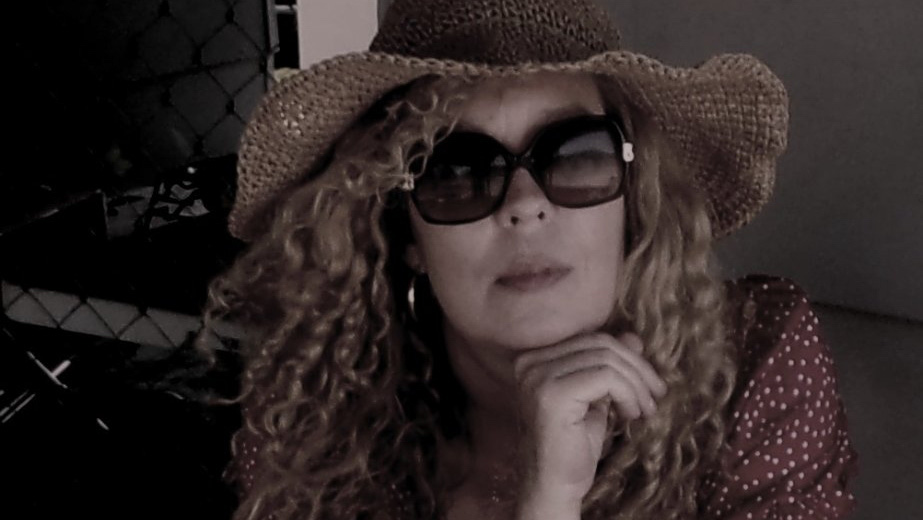
On Thursday, Oct 5, of 1916, the new Charlie Chaplin film was playing in town. The county fair was in full swing, according to The Brownwood Daily Bulletin. Headlines were about the fair, a plague of some sort that was called the ‘Dread White Plague’, and squabbles over who would head the railroad commission. One section of the paper, which basically doesn’t exist today except in a few small towns where older residents keep the tradition, is the Personal Items list.
I like to read old papers that have these lists. They tell you things like “Miss Bessie Atkins, a teacher in the Brownwood schools, has gone to Corsicana to spend the remainder of the week,” or that “T. H. Moore has returned from a five weeks’ trip to the Plains country, making the trip in a newly purchased jitney. He arranged his routing so as to get back in time for the Fair.”
Note: A jitney (I had to look this up) is apparently a vehicle designed for transporting people along a regular route, like a bus route etc. It can also be a passenger vehicle. So, Mr. Moore had just got a new car and went for a joyride, I’m guessing.
I like this stuff because it’s from a time when life moved at a different pace. Most people in town might not have known each other, but they probably knew each other’s names. Not a whole lot happened from day to day in Brownwood in the early 20th Century. Little news was bigger news. People were interested to know that the schoolteacher went to Corsicana. I can see a family sitting at breakfast, discussing the teacher’s trip, wondering if she knew their cousin so-and-so who lives up that way. Saying maybe the weather might hold for her trip back. People might have asked Mr. Moore what was new in the Plains country. Maybe Mr. Moore was a talker who would go down to the general store or up to the courthouse and entertain his audience with puffed up tales of phantom buffalo herds still roaming the plains further north. Probably he would have described his drive, where he stopped, who he talked to, what he ate.
People would have been interested. They didn’t have a million other bits of information from all over the world being poured into their heads every day via phones, TVs, computers and radios. They were not full of anxiety over earthquakes or storms on the other side of the world, simply because they didn’t know about them all. There was more time for things that aren’t life and death important every day.
Maybe I’m just born out of time, but I don’t think that was a bad way to live. The world was a quieter place. It couldn’t be otherwise. Information did not travel in seconds across the whole face of the planet. Your phone didn’t ring every 5 minutes with some meaningless interruption that has nothing to do with what you have to do in a day, but that does take time and energy away. People hopped up on hurrying with an imputed sense that time is an enemy that must be vanquished. They weren’t goaded by that thinking into such a pointless rush that they’d kill each other over who gets to the stop light 1/10 of a second faster. Are they late for an appointment, or is all the rushing a way of life now, so ingrained people rarely question what the hurry really is about? Overloaded. Frustrated.
I don’t think the human mind was designed to take in every trouble of the world every day, to constantly be moving from one huge disaster to another without stopping. It all seems to have a bad effect on us, puts on added pressures we’re not designed to bear. We’d do much better in the morning to take in the fact that “Mrs. W.T. Camp returned Wednesday from Fort Worth, where she has spent the past two weeks at the home of her son, E.C. Camp. Mrs. E.C. Camp and little E.C. Junior accompanied her home,” or lining up with our neighbors and kids to see the new Charlie Chaplin show.
***
Diane Adams is a local journalist whose columns and articles appear periodically on BrownwoodNews.com
